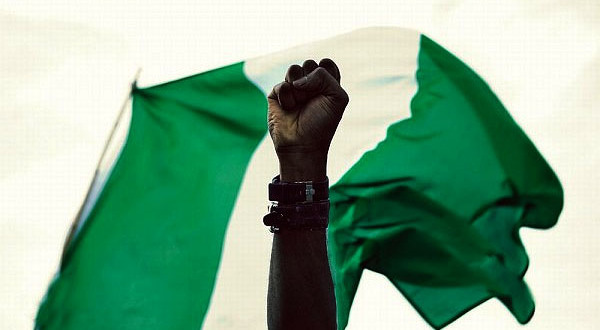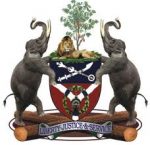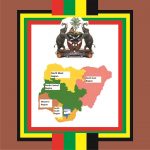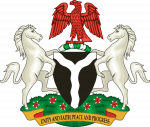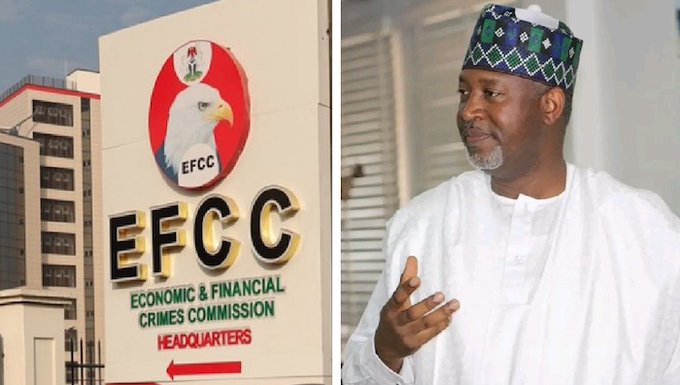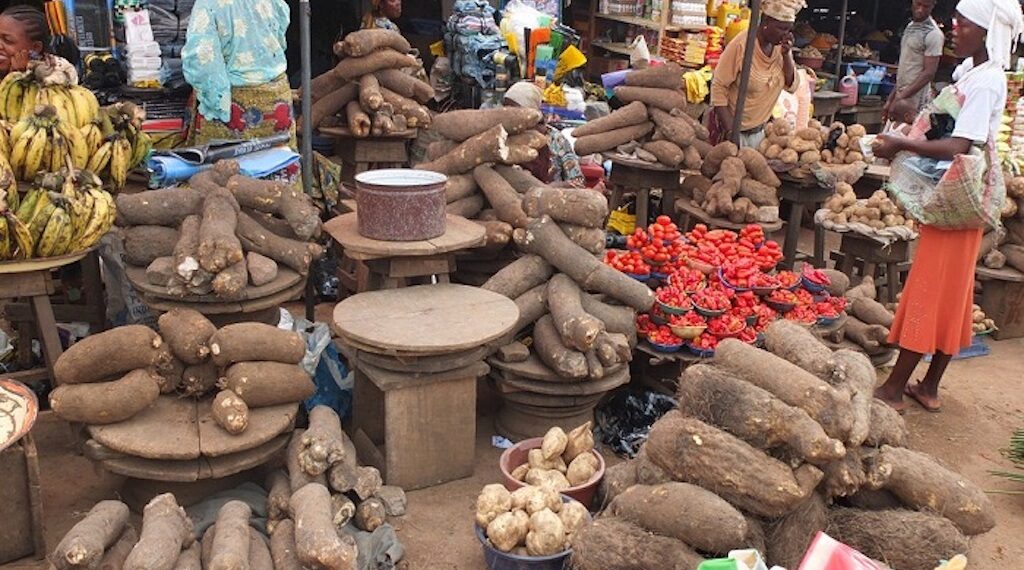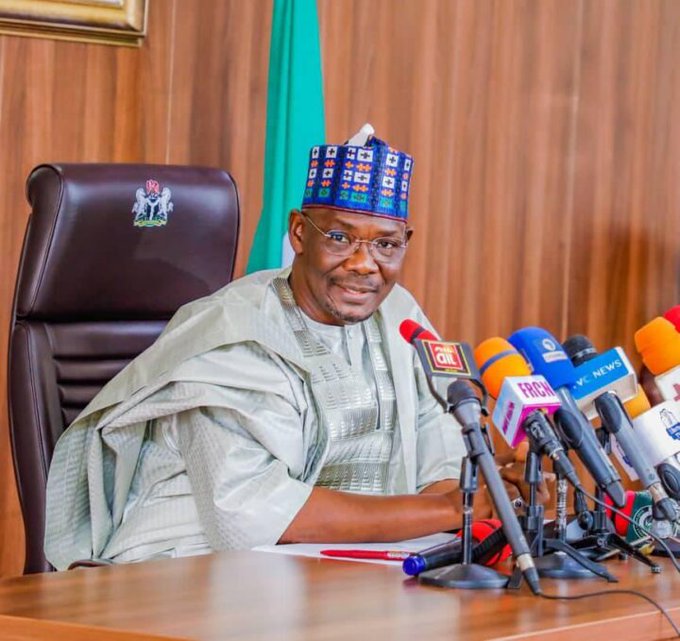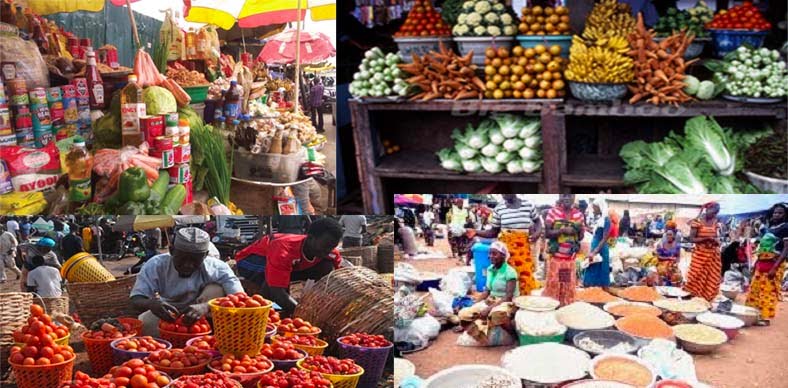LIKE the prodigal child, Nigeria has strayed from home as far as anyone can imagine; as far away from a Federal Republic as you please to find out. It is the root cause of all its problems and until it returns home to glory, like the prodigal child, it will continue to wander as an aimless, disturbed nonentity.
Nigeria’s former colonial master, as well as its “founding fathers” clearly appreciated the diversities of its people: politically, economically, culturally, religious wise and ethnically. Within a Pan-African recognition of the cultural and historical unity of Africa, they realised that for the “mere geographical expression” to forge ahead as a country and become a nation, the best form of coexistence politically is a FEDERAL REPUBLIC. On the FOUNDATION of this, it was granted independence and self-government in 1960 and became a republic in 1963, with an appropriate Constitution. However, the mismanagement of its freedom by its disoriented political elites led to military intervention in 1966, to civil war that lasted till 1970, and to military staying in government till 1979. That chain of event destroyed the foundation of the Federal Republic completely.
The return to democratic rule was then supervised by the very architect of the destruction of the Federal and Republic foundation – the military, which bequeathed a centralised dictatorship to their civilian colleagues in the garb of a democracy via the 1979 Constitution. The civilians stayed only four years before the military again came back uninvited, stayed till 1999, and bequeathed a repacked 1979 Constitution as 1999 Constitution, much more anti-Federal, anti-Republic, dictatorial and anti-people, to their civilian prodigal partners, and Nigeria has been perambulating in the wilderness since then till date; far away from its father’s home though still bearing its father’s name – Federal Republic of Nigeria.
A Republic “is a state in which supreme power is held by the people,” modern republic being founded on the idea that sovereignty rests with the people, who have equal rights and responsibilities before the law, without any person, class or group having any special privileges by birth or association.
A Federation is “a group of states with a central government but independence in internal affairs.” It is “the formation of a political unity, with a central government, by a number of separate states, each of which retains control of its own internal affairs.” The economic and political concerns, especially territorial defence, that motivate the formation of political unity in a central government are always clearly defined, asides those, every federating entity is independent in the conduct of its internal affairs.
Long years of military in government left a negative legacy of centralism, arbitrariness, subversion of rule of law, human rights and public service. It bred nepotism, non-accountability, the sole dependency on oil rent revenue while neglecting all other forms of productivity, and promoted favouritism and sectional oppressions along ethnic and religious fault lines. All these were bequeathed to the civilian political elites who were mostly co-travellers of the military and whose greed, indolence, lack of imagination and sustained fixation on oil rent revenue sharing have conditioned against rethinking the non-sustainability of the present operating system and a return to genuine federalism. The sharing of oil rent accruals into the “federation account” and its unaccountable spending as the executives deem fit became the political do-or-die objectives of who takes charge.
The federating units at inception were the regions, which were balkanised into states by the military. However, each state still knows its regional origin. Only two exemplary governors of states since the return to “civilian rule” in 1999 made spirited attempts to challenge the exploitative, oppressive and unsustainable centralised system – Bola Ahmed Tinubu in Lagos and Rauf Adesoji Aregbesola in Osun. In our next instalment, we will examine their exploit and the resistance to them by a power elite hooked on the status quo, as well as the rights to choice and identity in a federal republic.
For now, even with a stable, guaranteed 2m barrels per day at $100 for 365 days into the Federation Account, the present system is recipe for poverty, chaos, oppression, violent crimes, and inevitable national collapse that no “elected” president or governor can salvage, however astute or well-intentioned. The return to genuine federal republic that the elites presently run away from is the inevitable salvation.

